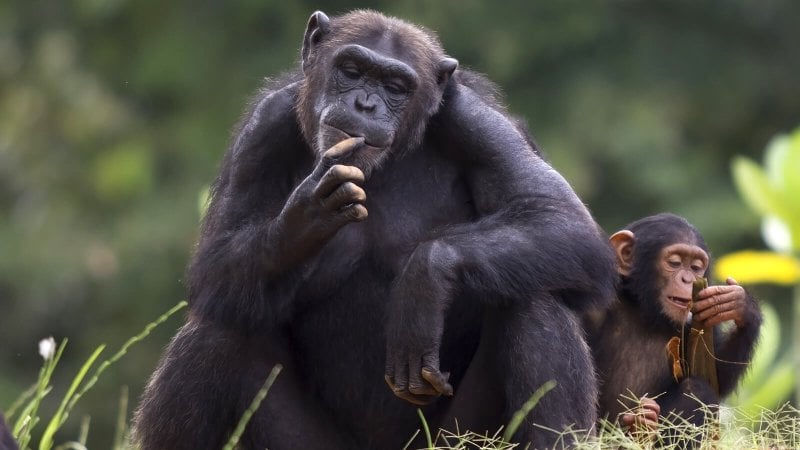Advances in neural implants and genetic engineering suggest that in the not–too–distant future we may be able to boost human intelligence. If that’s true, could we—and should we—bring our animal cousins along for the ride?
…
There’s already tantalizing evidence of the idea’s feasibility. As detailed in BBC Future, a group from MIT found that mice that were genetically engineered to express the human FOXP2 gene linked to learning and speech processing picked up maze routes faster. Another group at Wake Forest University studying Alzheimer’s found that neural implants could boost rhesus monkeys’ scores on intelligence tests.
The concept of “animal uplift” is most famously depicted in the Planet of the Apes movie series, whose planet–conquering protagonists are likely to put most people off the idea.
…
[D]eveloping the technology to uplift animals will likely require lots of very invasive animal research that will cause huge suffering to the animals it purports to help. This is problematic enough with normal animals, but could be even more morally dubious when applied to ones whose cognitive capacities have been enhanced.…
We’re already likely to face considerable competition from smart machines in the coming decades if you believe the hype around AI. So maybe adding a few more intelligent species to the mix isn’t the best idea.
Read full, original post: If We Could Engineer Animals to Be as Smart as Humans—Should We?































